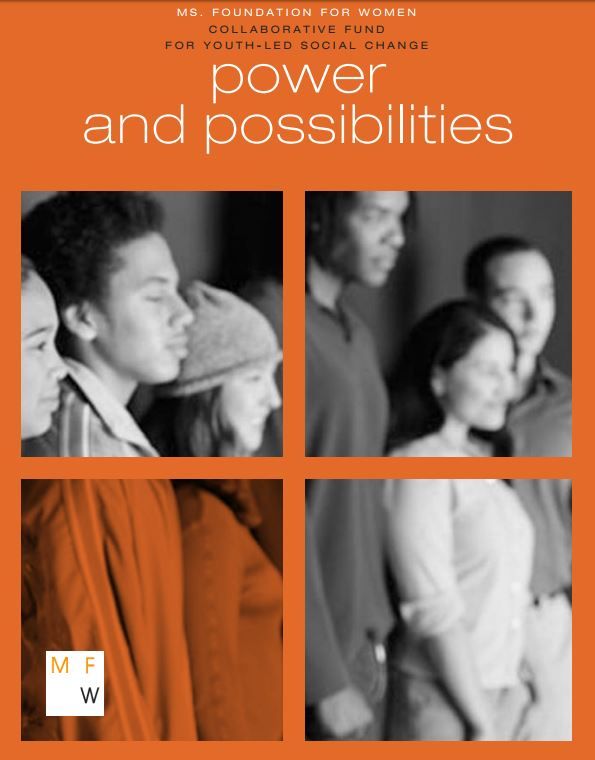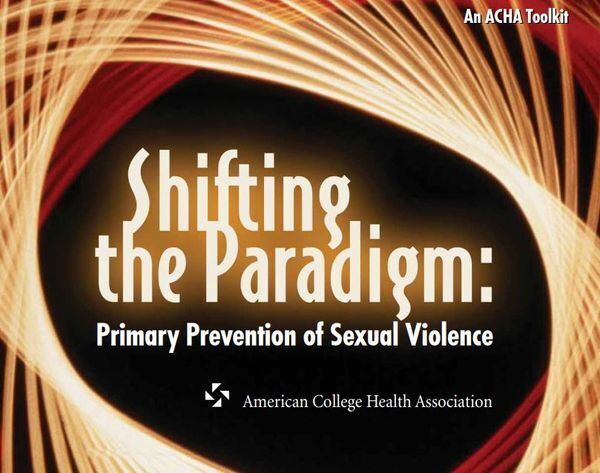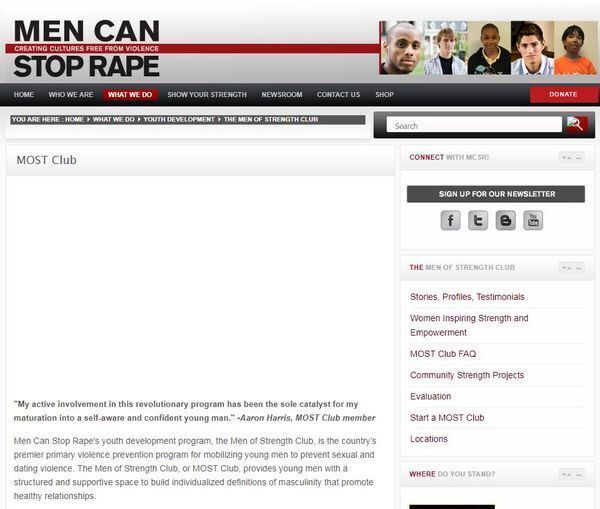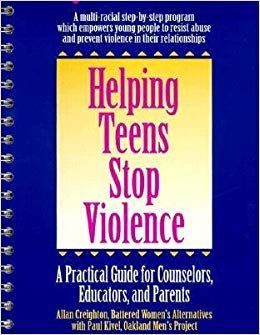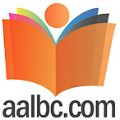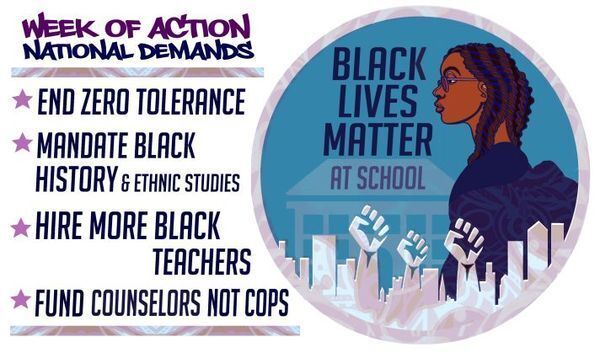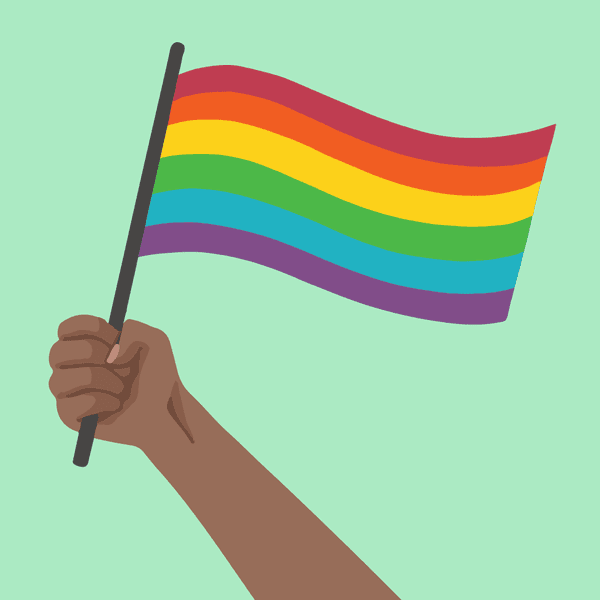-
This exciting initiative works with donor and grantee partners from across the United States to: Explore a variety of social change and organizing models that are steeped in community, organizational, and political contexts. Support intergenerational leadership efforts that promote learning and mentoring between adults and youth, and provide
youth with real leadership opportunities in programs and organizations. Build capacity of innovative organizations to undertake program activities and build organizational strength and longevity. Develop a learning agenda that ensures that participating organizations and the field learn from this unique initiative. -
The American College Health Association developed this toolkit — Shifting the Paradigm: Primary Prevention of Sexual Violence — to provide facts, ideas, strategies, conversation starters, and resources to everyone on campus who cares about the prevention of sexual violence. While there is a rich volume of tools, knowledge, and resources for intervention after sexual violence, the emphasis of this toolkit is to encourage prevention activities that take place before sexual violence has occurred and which create social change and shift the norms regarding sexual violence. A primary prevention approach to preventing sexual violence requires a paradigm shift in the thinking of the campus community. Primary prevention helps create environments that promote respect, equality, civility, healthy relationships, and healthy sexuality — and ultimately, a campus environment where students are safe and learning successfully.
-
Men Can Stop Rape's youth development program, the Men of Strength Club, is the country’s premier primary violence prevention program for mobilizing young men to prevent sexual and dating violence. The Men of Strength Club, or MOST Club, provides young men with a structured and supportive space to build individualized definitions of masculinity that promote healthy relationships. In 2003 the Centers for Disease Control and Prevention (CDC) identified MOST Club as among the top four gender violence prevention programs in the country and initiated a two-year study to evaluate the Club’s impact. As a result of ongoing membership, MOST Club members report feeling more responsible and connected to their schools, families, and communities.
-
Based on programs developed by the Oakland Men's Project, this book offers a proactive, multicultural approach for getting at the roots of violent behavior. The activities and workshops described in the book explore how violence manifests in families and dating; how issues of race, gender, and age are involved; and how teens can work to stop the violence in their lives. It includes curricula for classrooms and support groups, and strategies to support peer counselors and help abused teens.
-
AALBC.com is the oldest, largest, and most frequently visited web site dedicated to books by, or about, people of African descent. Started in 1997, AALBC.com is a widely recognized source of information about Black authors.
Mission & Goals
- Promote literature and literary nonfiction from all over the world to readers of all backgrounds
- Satisfy readers’ book buying needs
- Serve as a resource and platform for aspiring and established writers
- Provide a variety of book production services including book printing and manuscript editing
- Provide a forum for the exchange of opinions on Black literature and culture (aalbc.com/tc)
- Foster an appreciation for reading and literacy
- Assess and report on the reading habits of African Americans
- Advocate for web equality and independence -
Black Lives Matter At School is a national coalition organizing for racial justice in education. We encourage all educators, students, parents, unions, and community organizations to join our annual week of action during the first week of February each year.
-
A selection of books and articles that discuss racism and oppression, curated by the Oakland Public Library for parents and educators.
-
The United States has seen escalating protests over the past week, following the death of George Floyd while in custody of the Minneapolis police. Educators everywhere are asking how can we help students understand that this was not an isolated, tragic incident perpetrated by a few bad individuals, but part of a broader pattern of institutionalized racism. Institutional racism—a term coined by Stokely Carmichael (later known as Kwame Ture) and Charles V. Hamilton in their 1967 book Black Power: The Politics of Liberation in America—is what connects George Floyd and Breonna Taylor with Ahmaud Arbery, Philando Castile, Sandra Bland, Eric Garner, Emmett Till, and the thousands of other people who have been killed because they were “black in America.”
This context seems vital for discussions both inside and outside the classroom. The following articles, published over the course of JSTOR Daily’s five years try to provide such context. As always, the underlying scholarship is free for all readers. We have now updated this story with tagging for easier navigation to related content, will be continually updating this page with more stories, and are working to acquire a bibliographic reading list about institutionalized racism in the near future. (Note: Some readers may find some of the stories in this syllabus or the photos used to illustrate them disturbing. Teachers may wish to use caution in assigning them to students.)
-
This "Guide to Being an Ally to Transgender and Nonbinary Youth", developed by the Trevor Project. is an introductory educational resource that covers a wide range of topics and best practices on how to support transgender and nonbinary people.
The guide includes:
- The difference between sex and gender
- Basics of gender — identity, expression, and perception
- Forms of address that show respect (names, pronouns, honorifics)
- Helpful tips to increase understanding
- Common mistakes and what to do if you’ve made one -
Sexual violence & individuals who identify as LGBTQ is an information packet containing nearly a dozen resources focused on serving, engaging, and collaborating with individuals and communities who identify as lesbian, gay, bisexual, transgender or queer or questioning (LGBTQ). The packet contains resources to support counselors, advocates, preventionists, technical assistance providers, and allied professionals committed to affirming all individuals and communities. The goals of this packet are to provide resources that will both strengthen work already being done, as well as assist organizations in discovering a place to begin program development.


